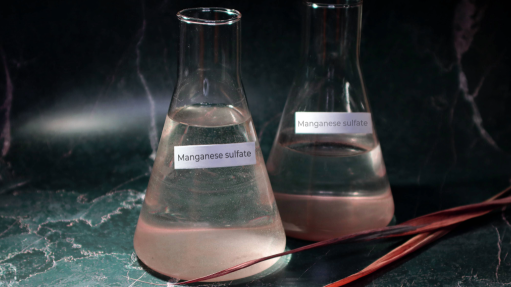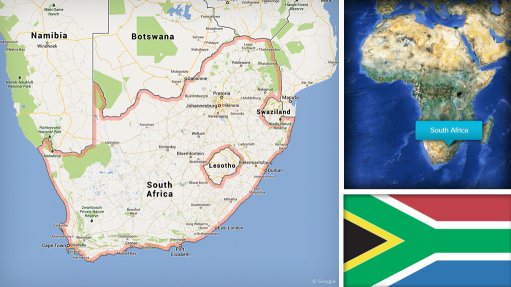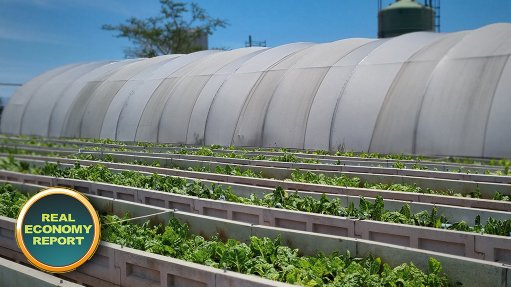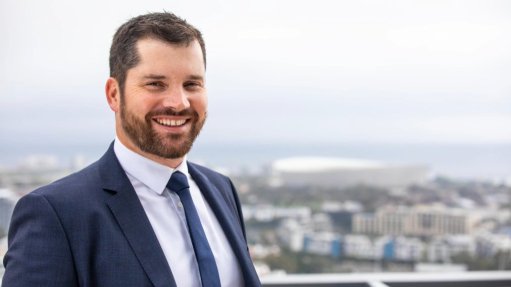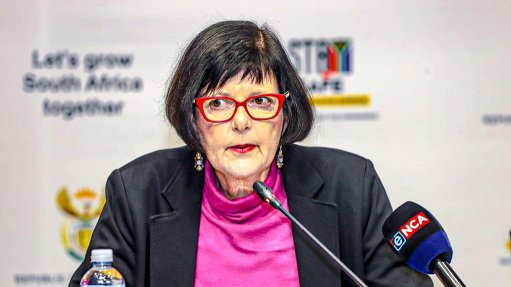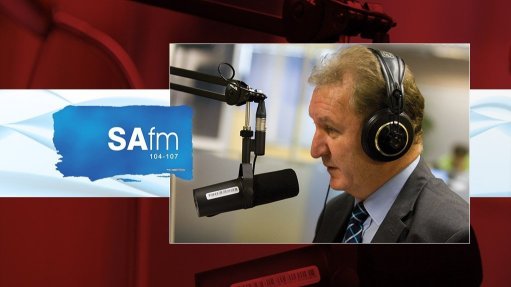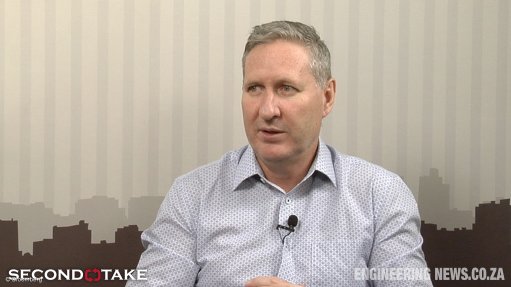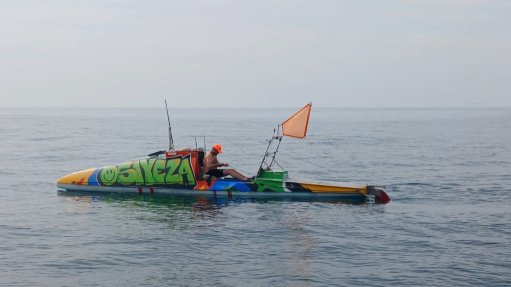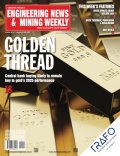UP awarded four SARChI chairs
Four academics from the University of Pretoria (UP) have been awarded co-funded chairs under the South African Research Chairs Initiative (SARChI), bringing the total of chairs awarded to the university to 20.
SARChI is a government programme led by the Department of Science and Innovation (DSI) and the National Research Foundation (NRF) that seeks to significantly expand the scientific research base of South Africa in a way that is relevant to national development and in support of making the country a globally competitive knowledge economy.
Artificial intelligence specialist Professor Nelishia Pillay of the Department of Computer Science in the Faculty of Engineering, Built Environment and Information Technology was awarded the chair in Machine Learning for Sustainable Development.
Professor Zodwa Dlamini, inaugural Scientific director of UP’s Pan African Cancer Research Institute in the Faculty of Health Sciences, holds the chair in Precision Oncology and Cancer Prevention.
Professor Thulani Makhalanyane of the Department of Biochemistry, Genetics and Microbiology in the Faculty of Natural and Agricultural Sciences was awarded the chair in Marine Microbiomics.
Professor Chris Changwe Nshimbi, acting director of UP’s Institute for Strategic and Political Affairs and Associate Professor in the Department of Political Sciences in the Faculty of Humanities, was awarded a research chair in the Political Economy of Migration in the Southern African Development Community (SADC) region.
Following engagements between UP and the NRF, a memorandum of agreement signed in 2021 outlined the terms and conditions for the university to host UP-NRF co-funded chairs, which vice-chancellor and principal Professor Tawana Kupe described as an “exciting development full of promise”.
He added that UP was delighted to be awarded the four chairs.
“The awarding of these prestigious chairs is a recognition of UP’s leading role in the fields of machine learning, precision oncology and cancer prevention, marine microbiomics and the political economy of migration in the SADC region,” he said.
The host institution of the co-funded SARChI chairs should have secured or be willing to contribute 50% of funding towards the chair, while the NRF is expected to contribute the other 50%. Each party’s minimum duration of the contribution is five years.
Pillay said that, for her, the chair will involve researching and developing new artificial intelligence approaches and improving existing ones to meet the challenges posed by sustainable development problems in agriculture, health, education and industry, and in terms of equity, diversity and inclusion.
Makhalanyane said the SARChI Chair in Marine Microbiomics would focus on understanding microbiomes in geographically strategic oceans, including the Southern Ocean.
“This SARChI Chair is already enhancing the implementation of UP’s newly launched Pan African Cancer Research Institute and its vision to be a world-class institute dedicated to pushing the boundaries of precision oncology, cancer prevention and control.
“The funding makes it possible to advance our collaboration with local and international partners, government, and biotech and pharmaceutical industries to support clinical trials, both for cancer vaccines and cancer immunotherapy treatment, and cancer prevention and control. This is through screening for early detection to improve and provide personalised care to patients and to reduce health disparities,” Dlamini said.
Nshimbi commented that the initiative would increase the quality of the training of postgraduate students and contribute to national development, adding that the funds would support research with a particular focus on migration.
Comments
Press Office
Announcements
What's On
Subscribe to improve your user experience...
Option 1 (equivalent of R125 a month):
Receive a weekly copy of Creamer Media's Engineering News & Mining Weekly magazine
(print copy for those in South Africa and e-magazine for those outside of South Africa)
Receive daily email newsletters
Access to full search results
Access archive of magazine back copies
Access to Projects in Progress
Access to ONE Research Report of your choice in PDF format
Option 2 (equivalent of R375 a month):
All benefits from Option 1
PLUS
Access to Creamer Media's Research Channel Africa for ALL Research Reports, in PDF format, on various industrial and mining sectors
including Electricity; Water; Energy Transition; Hydrogen; Roads, Rail and Ports; Coal; Gold; Platinum; Battery Metals; etc.
Already a subscriber?
Forgotten your password?
Receive weekly copy of Creamer Media's Engineering News & Mining Weekly magazine (print copy for those in South Africa and e-magazine for those outside of South Africa)
➕
Recieve daily email newsletters
➕
Access to full search results
➕
Access archive of magazine back copies
➕
Access to Projects in Progress
➕
Access to ONE Research Report of your choice in PDF format
RESEARCH CHANNEL AFRICA
R4500 (equivalent of R375 a month)
SUBSCRIBEAll benefits from Option 1
➕
Access to Creamer Media's Research Channel Africa for ALL Research Reports on various industrial and mining sectors, in PDF format, including on:
Electricity
➕
Water
➕
Energy Transition
➕
Hydrogen
➕
Roads, Rail and Ports
➕
Coal
➕
Gold
➕
Platinum
➕
Battery Metals
➕
etc.
Receive all benefits from Option 1 or Option 2 delivered to numerous people at your company
➕
Multiple User names and Passwords for simultaneous log-ins
➕
Intranet integration access to all in your organisation






